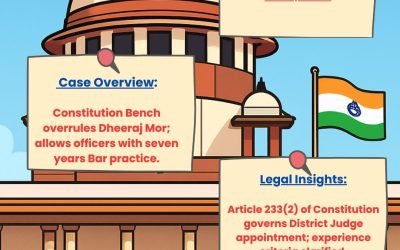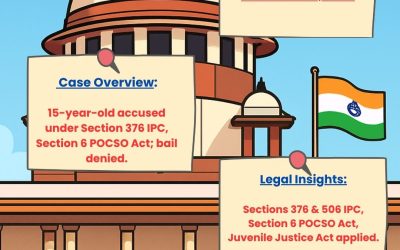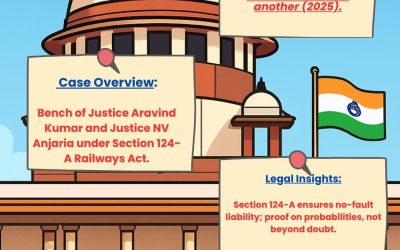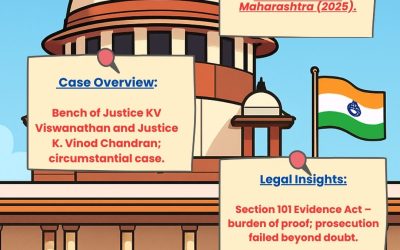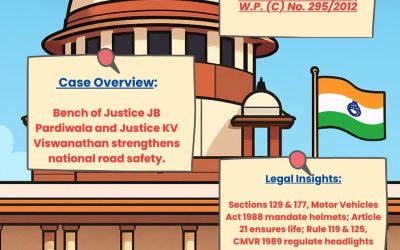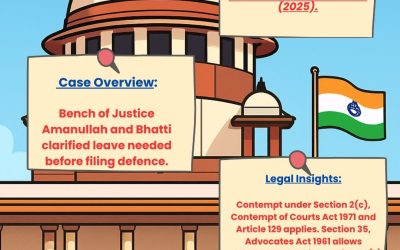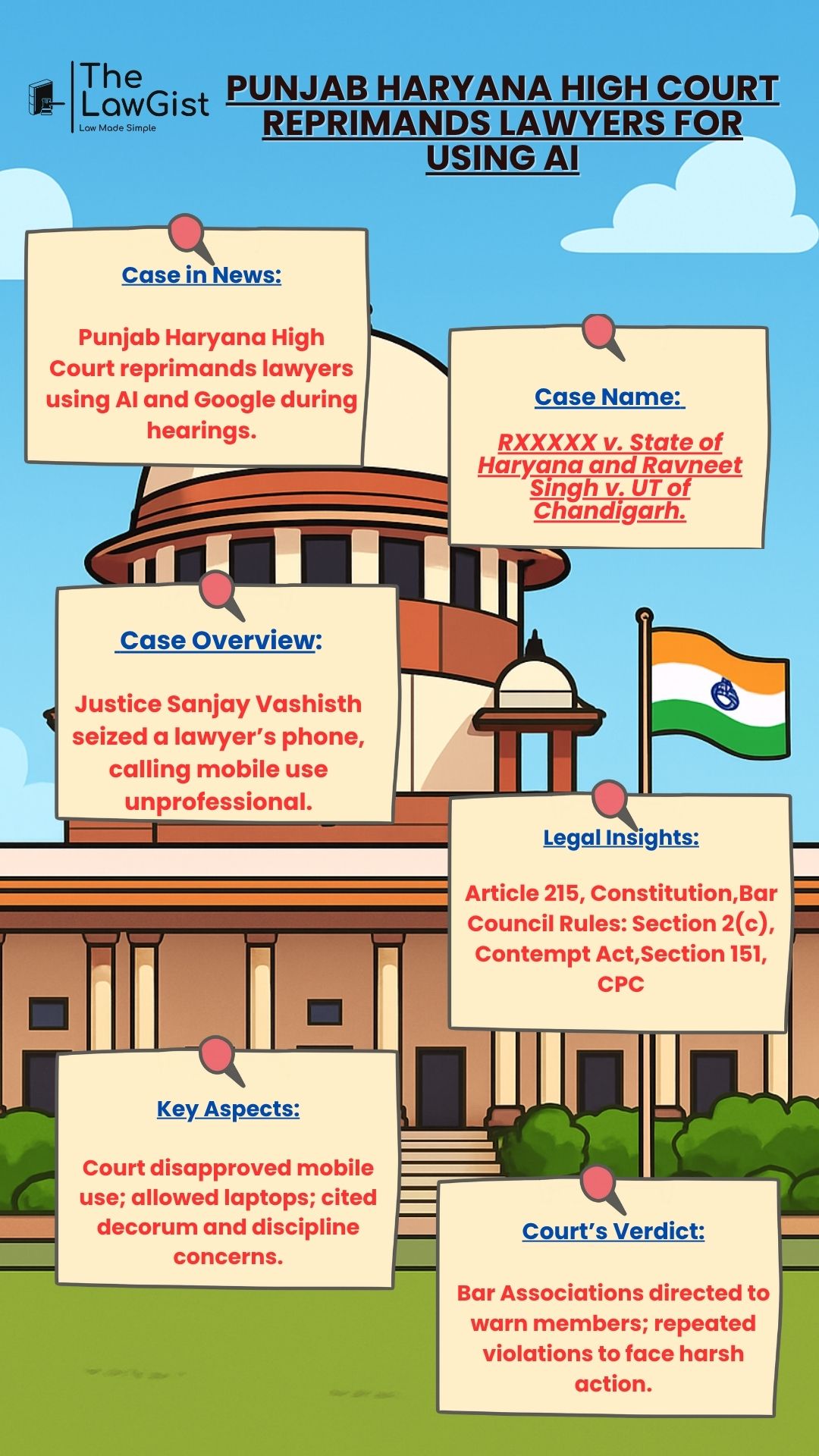
Justice Sanjay Vashisth of Punjab Haryana High Court reprimands lawyers for using AI and Google on mobile phones during hearings, warning against loss of courtroom decorum.
CASE IN NEWSPunjab Haryana High Court reprimands lawyers for using AI and Google during court hearing proceedings . |
Discover powerful Latin Maxims and simplify complex legal terms in seconds.
CASE OVERVIEW
CASE NAME : RXXXXX vs. State of Haryana and Ravneet Singh v. UT of Chandigarh
In a notable development, the Punjab & Haryana High Court sternly reprimanded lawyers for using Artificial Intelligence tools and Google on their mobile phones to answer the Court’s queries during ongoing proceedings . Justice Sanjay Vashisth, while presiding, expressed strong disapproval over the lack of courtroom decorum and professional discipline . The Court even seized a lawyer’s mobile device, highlighting that such conduct was “wholly unacceptable” and detrimental to the dignity of the court .
Step into the world of justice with Courtroom Chronicles
KEY ASPECTS
Before listing its directions, the Court highlighted that advocates must come prepared for hearings rather than depending on online platforms for real-time assistance . The Court noted that such behavior not only disrupts proceedings but also reflects poorly on the professional ethics of the Bar .
- Lawyers were found using mobile phones to retrieve AI-generated or Google-based responses during arguments .
- Justice Sanjay Vashisth emphasized that use of mobile phones in courtroom during hearings is highly unprofessional .
- The Court clarified that while laptops or iPads may be used for referencing case materials, mobile phones do not qualify as professional tools in courtroom settings .
- It further observed that proceedings were often delayed due to lawyers searching for online information mid-hearing .
LEGAL INSIGHTS
The Court based its reasoning on well-established constitutional, statutory and professional conduct provisions, reiterating that the dignity of the judiciary must be preserved at all times .
1. Article 215 of Indian Constitution – This Article empowers every High Court to act as a Court of Record, possessing inherent powers to maintain decorum, punish for contempt and ensure smooth administration of justice . The Court invoked this power to discourage the misuse of technology in proceedingsv.
2. Bar Council of India Rules, 1975 – Under Part VI, Chapter II, Section I – Standards of Professional Conduct and Etiquette, advocates are mandated to maintain dignity, avoid improper conduct and be adequately prepared before appearing in court . Using mobile phones to seek online answers violates these ethical obligations .
3. Contempt of Courts Act, 1971 – As per Section 2(c), any act that tends to lower the authority of the Court or interferes with judicial proceedings may amount to criminal contemptb. The Court hinted that persistent violation of courtroom decorum could invite such proceedings .
4. Code of Civil Procedure, 1908 (Section 151) – This provision grants courts inherent power to pass necessary orders to prevent abuse of process and uphold the dignity and discipline of the judicial forum .
COURT’S VERDICT
The Punjab Haryana High Court directed that a copy of the order be circulated among all Bar Associations to caution lawyers against using mobile phones to consult AI or Google during hearings . Justice Sanjay Vashisth emphasized that legal arguments must be prepared in advance, warning that repeated disregard of these directions could invite harsh judicial action to preserve courtroom integrity .
Read also – Indian Constitution
The LawGist ensures exam success with quality notes—TPL, Current Affairs, Recent Judgments, and more. Backed by trusted resources and videos, The LawGist is every aspirant’s first choice. Discover more at thelawgist.org.


